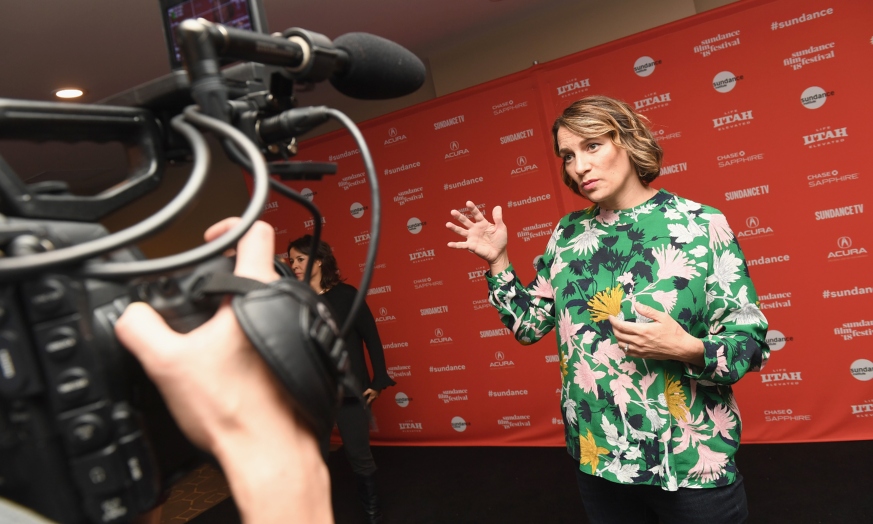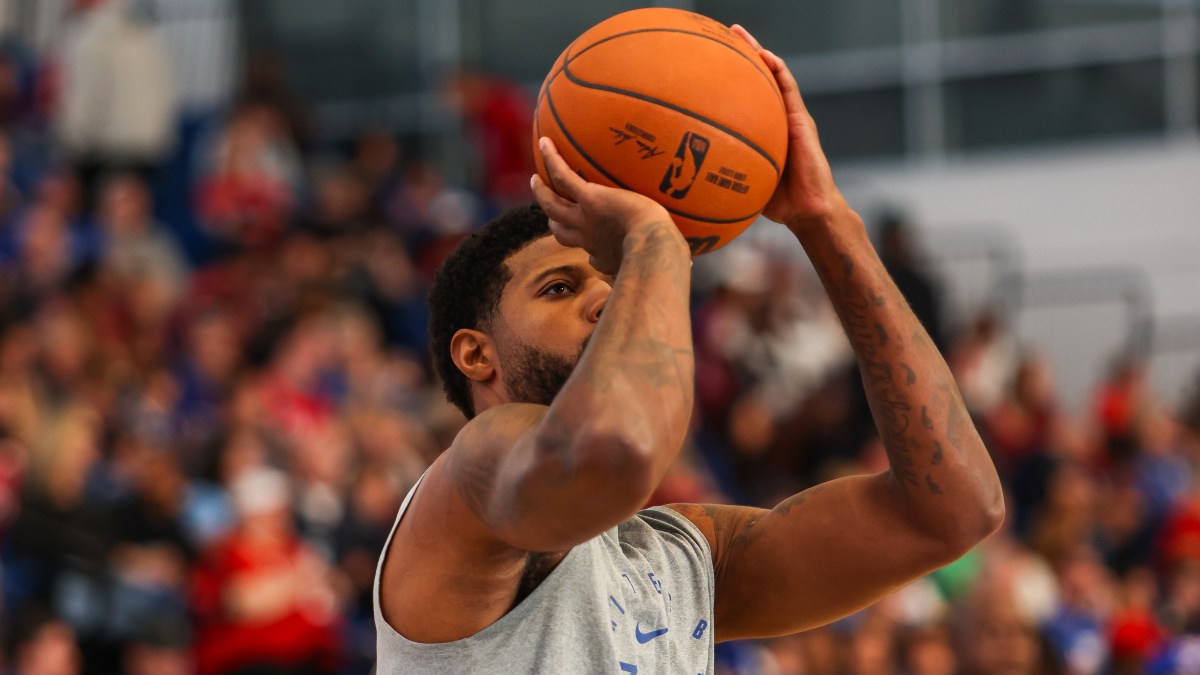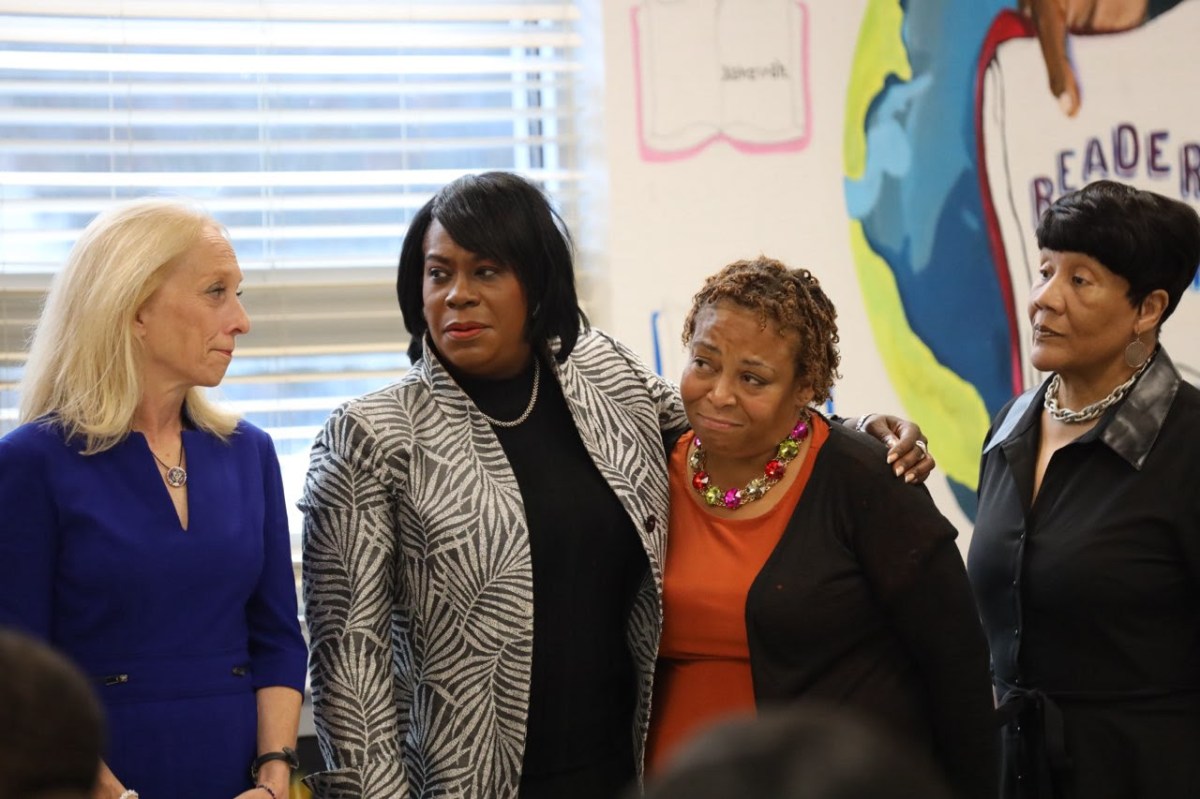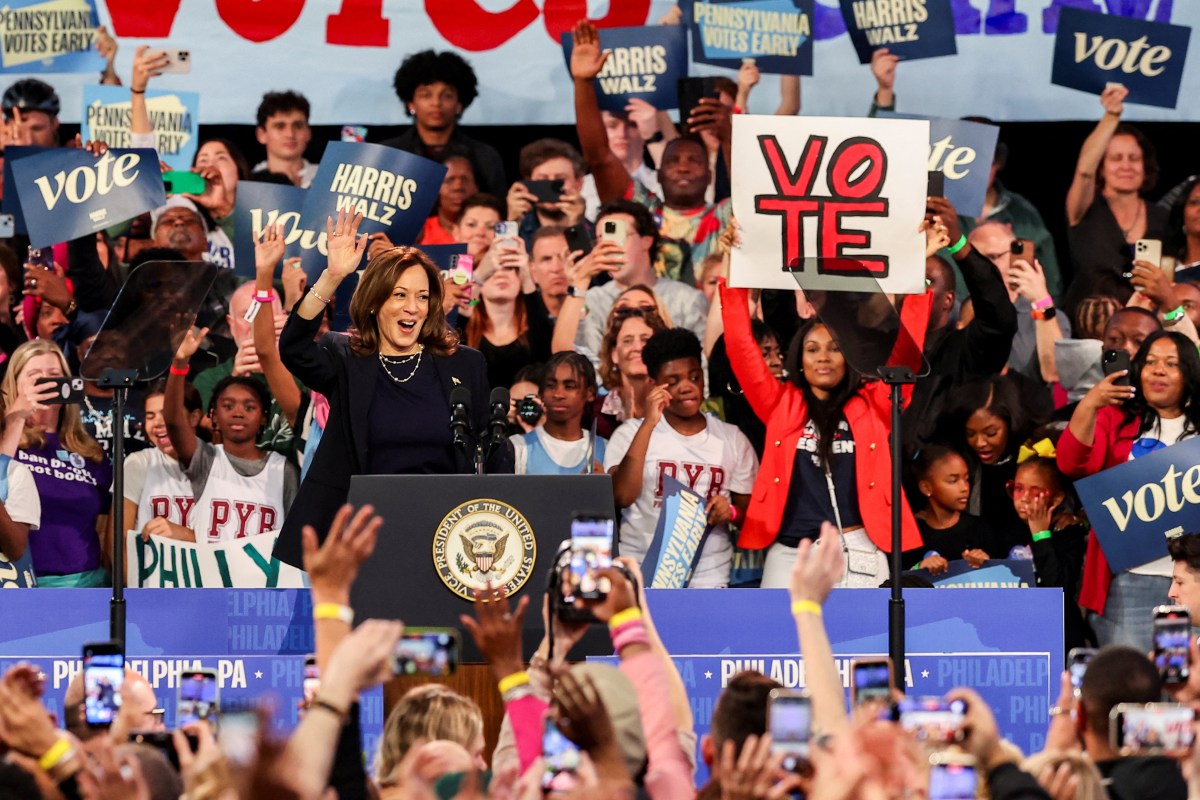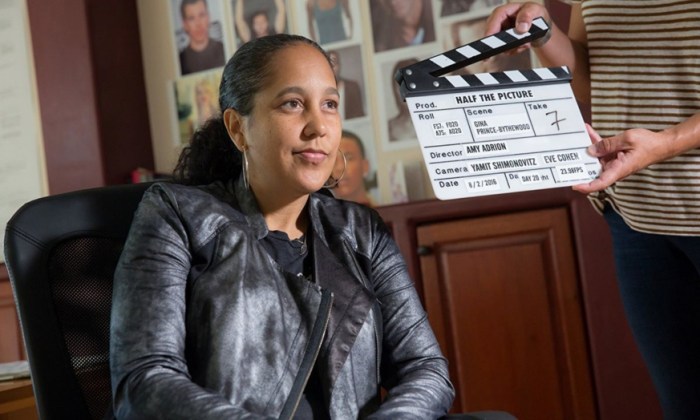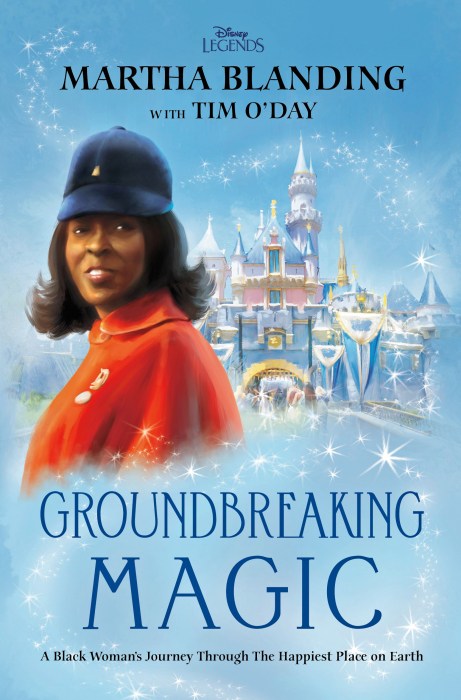Half The Picture brutally exposes the misogyny and discrimination that still blights Hollywood.
So much so that only 12 of the 149 films that are due to be released between 2017 and 2019 from the six major studios will be directed by women.
Amy Adrion, the director behind “Half The Picture,” has finally come up with a solution to end this hideous oversight once and for all. And it is rather simple actually. All Disney, 20th Century Fox, Universal, Warner Bros, Sony and Paramount need to do is just hire more female and diverse directors.
It is in their best interests, too, because the output of diverse writers, directors and actors has become more and more popular over the last few years. Plus, it is just the right thing to do, too.
“There has been an unproven economical argument made against female directors. Or directors that are from outside the system, like ethnic minorities,” Adrion recently explained to me during our discussion about “Half The Picture.”
“People assume that Hollywood is a business, so they hire the people that make the most money. That seems like something a business would do.”
“But the fact is that films and television shows made by different kinds of creators have popped at the box office in recent years. Look at the success of ‘Wonder Woman’ or ‘Black Panther’ or ‘Insecure’ or ‘Chewing Gum’ or ‘Jane The Virgin’ or ‘Atlanta’.”
“There’s a long list of shows and movies that are really exciting people because they have a different perspective and is something that we haven’t seen before. If the industry can just look at that and learn from that there’s so much potential for them to keep telling new stories and make a lot of money from those stories.”
Adrion is tired of the lame excuses that studios roll out for not hiring diverse directors, and she insisted that the time has come for them to stop overcomplicating matters and just do it.
“I think the long and short of it is, as I said the amount of female directors is still really low, and I think the industry just needs to hire more women directors. I think people make the issue more complicated than it is.”
“They say, ‘We need to train more women. Or mentor more women. Provide more initiatives or opportunities for them to learn and grow’.”
“And it is like, ‘No. You just need to hire more of them. They’re out there. They know what they are doing. They have made great films at Sundance and South By Southwest and Cannes and Toronto. You just need to take a chance on them like you would a male director’.”
“For a long time when a woman or an African American director made something they were representative of their entire group. If the film did well, it was a fluke. If the film didn’t do well then it was like, ‘Well we shouldn’t have hired a woman.’ Which was obviously crazy.”
“Because films by male directors do well at the box office, they are moderately successful and they flop. That’s the standard that women directors should be held to, too.”
“Currently the expectation is that women need to hit a home-run every time in order to justify them getting that job. And that’s just not how the business works. And it doesn’t work like that for male directors.”
Adrion is well aware of the discrimination that female directors have faced, because she made “Half The Picture” in response to constantly seeing her feature film overlooked.
“I am a woman director myself. And I went to graduate school in Los Angeles for film directing and got my degree. Made a bunch of short films that won some awards.”
“But when I was trying to get my feature film financed and made I was encountering a lot of roadblocks. As many people do. But a lot of my female friends seemed to be encountering the same kind of roadblocks. Right when I was trying to hustle and push and get some of my films made.”
“At that time I kept seeing all of these articles and statistics about how hard it was for women directors. This was in 2015. It just seemed like every day there was a new article just about how hard the business was for women, and there were so few women working in TV, features or animations, you name it.”
“At that time the ACLU, the Civil Rights organization, had just completed their investigation to systematic discrimination to directors in Hollywood. And they were encouraging the US government to look into it.”
“Because it was illegal to only hire certain people for jobs, when there were many qualified candidates. It seemed like something was really happening with this situation.”
“Which is why I decided to look into it further. I had worked with a number of really great women directors myself, and I thought, ‘OK, I am struggling to get my own career going. Let me talk to these women and find out how they did it’.”
“I basically asked the question, ‘Is there hope? Should I even bother continuing with this career? Is there any path to success?’”
You can see what Adrion learnt making “Half The Picture” now, as it has just been released in New York and will be available on VOD from July 24.

